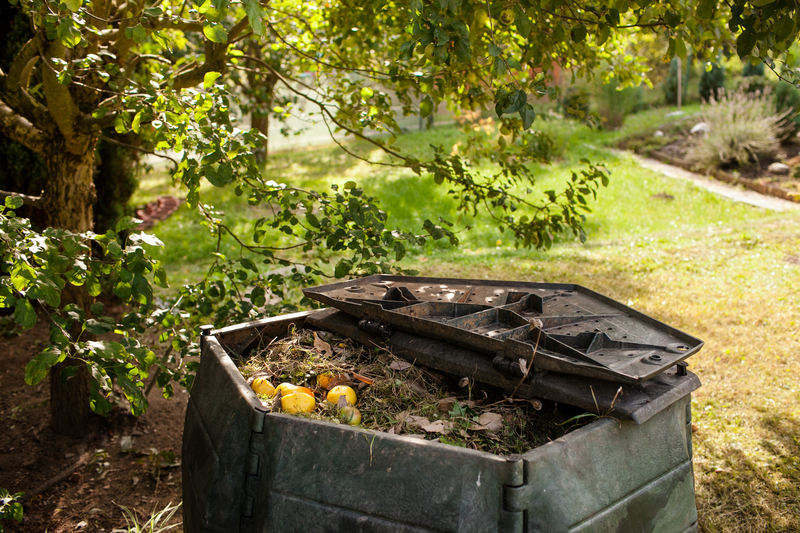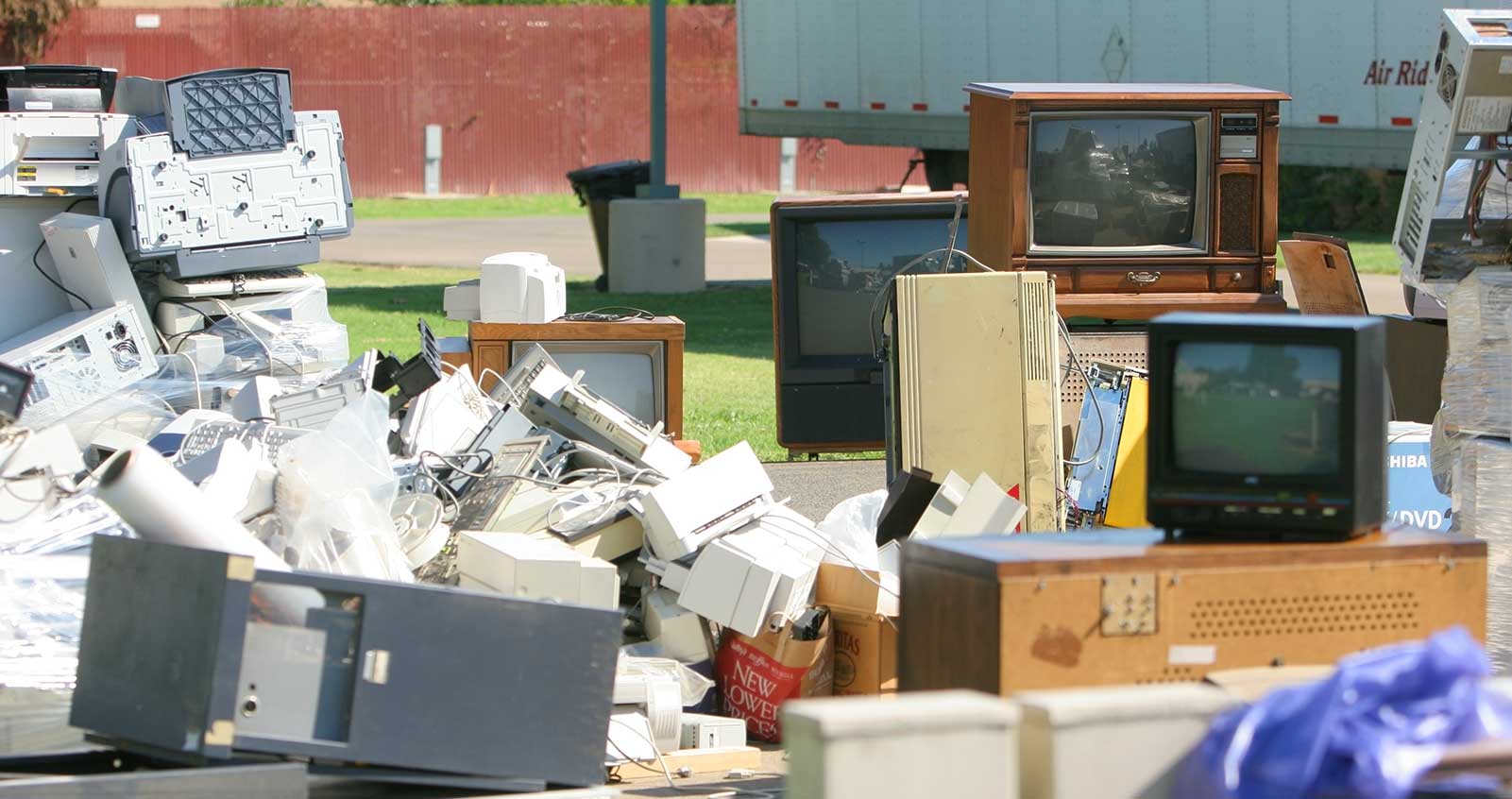TV Waste Pickup
Posted on 13/07/2024
In the digital age, technology evolves rapidly, leading to frequent upgrades of electronic devices, including televisions. As consumers continue to replace their old TVs with new, high-tech models, the issue of TV waste becomes increasingly significant. TV waste pickup is a crucial service that helps manage electronic waste responsibly, ensuring that discarded televisions do not harm the environment or end up in landfills.
Why TV Waste Pickup is Essential
Electronic waste, or e-waste, poses a serious threat to the environment. Televisions, which often contain harmful substances like lead, cadmium, and mercury, can leach these toxins into the ground and water supplies if not disposed of correctly. By utilizing TV waste pickup services, we can prevent these hazardous materials from causing environmental damage.

How TV Waste Pickup Works
TV waste pickup services typically involve several steps:
1. Collection: Consumers schedule a pickup with a service provider, who then collects the old TV from their home or business.
2. Transport: The collected TVs are transported to a recycling facility.
3. Recycling: At the facility, the TVs are dismantled, and their components are sorted for recycling or disposal.
4. Safe Disposal: Hazardous materials are separated and handled according to environmental regulations to ensure they do not contaminate the ecosystem.
Benefits of Using TV Waste Pickup Services
- Convenience: Scheduling a TV waste pickup is often more convenient than trying to dispose of a large television independently.
- Environmental Protection: Professional services ensure that TVs are disposed of in an eco-friendly manner, reducing the risk of toxin release.
- Resource Recovery: Many parts of a TV, such as metals and plastics, can be recycled and reused in the production of new items.
- Compliance: These services comply with local and federal regulations regarding electronic waste disposal, helping consumers avoid potential fines.
Tips for Responsible TV Disposal
1. Check for Local E-Waste Programs: Many cities and towns offer free e-waste recycling programs.
2. Donate Working TVs: If the TV is still functioning, consider donating it to a charity or a local school.
3. Look for Retailer Take-Back Programs: Some electronics retailers offer take-back programs when you purchase a new TV.
4. Use Certified E-Waste Recyclers: Ensure the recycler is certified by organizations like e-Stewards or R2 to guarantee responsible disposal.
Pros and Cons of TV Waste Pickup
Pros:
- Environmental Benefit: Significantly reduces the risk of environmental contamination.
- Convenience: Easy and hassle-free process for consumers.
- Resource Efficiency: Allows recovery and reuse of valuable materials.
- Regulatory Compliance: Meets legal requirements for e-waste disposal.
Cons:
- Cost: Some services may charge a fee, though many areas offer free options.
- Limited Availability: Not all regions have readily accessible TV waste pickup services.
- Time Consumption: Scheduling and awaiting pickup can take time.

Key Takeaways
- TV waste poses significant environmental hazards due to toxic materials.
- TV waste pickup services offer a convenient and responsible disposal method.
- Benefits include environmental protection, resource recovery, and regulatory compliance.
- Consider local e-waste programs, donations, retailer take-back programs, and certified recyclers for TV disposal.
- Weigh the pros and cons to determine the best method for your situation.
Conclusion
With the rapid advancements in technology, TV waste pickup has become essential in managing electronic waste responsibly. By understanding the environmental impacts and leveraging the benefits of professional pickup services, we can ensure that our old televisions are disposed of in a manner that safeguards our environment. Always consider local recycling options and donations to extend the life of usable devices. This approach not only protects the environment but also promotes sustainability and conserves resources.




